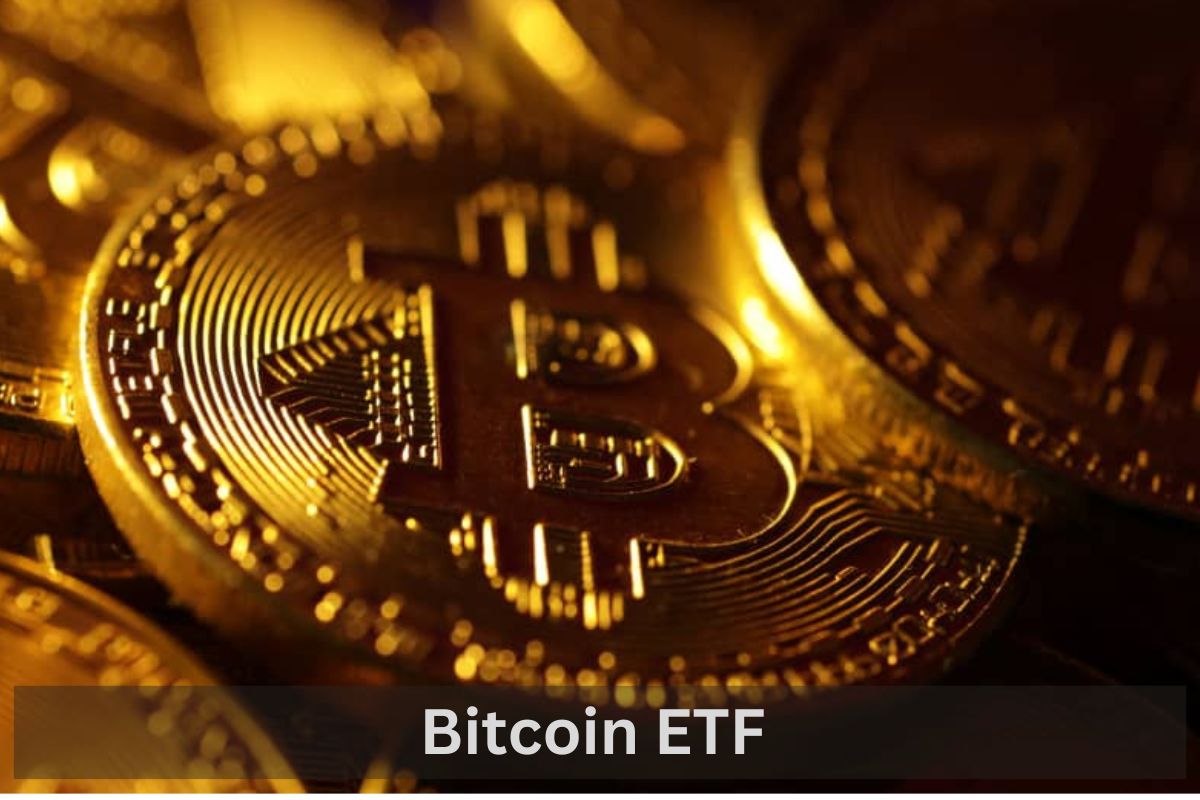Best Outstanding Coins to Explode in 2023: Dogecoin, The Sandbox, and Rocketize Token
The cryptocurrency market has succeeded in growing to become one of the largest financial marketplaces in the entire world despite…
On Wednesday, the U.S. Securities and Exchange Commission (SEC) approved exchange-traded funds (ETFs) that track the price of bitcoin.

This is a game-changer for the cryptocurrency industry, which has been trying for over a decade to launch a product like this. On Wednesday, the U.S. Securities and Exchange Commission (SEC) approved exchange-traded funds (ETFs) that track the price of bitcoin.
Since 2013, the SEC has rejected numerous applications from asset managers seeking to create bitcoin exchange-traded funds (ETFs), citing concerns about potential market manipulation. However, a court ruling in August ordered the SEC to reconsider its decision to deny Grayscale Investments’ application for a bitcoin ETF.
The SEC approved applications on Wednesday, including those from Fidelity, BlackRock, and ARK Investments. The following describes how the products function and the significance of the approval.
The NYSE, CBOE, and Nasdaq will all list them. They will own physical bitcoin that they have bought from cryptocurrency exchanges and stored with custodians such as Coinbase Global.
The goods follow a benchmark set by Bitcoin. Some follow an index that collects trading data from several Bitcoin-USD markets run by major cryptocurrency exchanges and is supplied by CF Benchmarks, a division of the cryptocurrency exchange Kraken.
With Coinbase, the biggest cryptocurrency exchange in the United States, Nasdaq, and CBOE have established a market surveillance mechanism in response to the SEC’s concerns regarding manipulation. The fees that issuers intend to charge fall well below the average of the broader ETF market, ranging from 0.20% to 0.8%.
Indeed. Investors can get exposure to the price of bitcoin without the hassles and hazards of direct bitcoin ownership by purchasing a spot bitcoin exchange-traded fund (ETF). These include creating accounts with cryptocurrency exchanges and wallets, some of which have a history of weak cyber security and are vulnerable to hacking.
The sector has also seen several scandals and bankruptcies, such as the collapse of the cryptocurrency exchange FTX, whose founder Sam Bankman-Fried was convicted of fraud. While other exchanges have been charged with violating US securities laws, the largest cryptocurrency exchange in the world, Binance, recently entered a guilty plea to violating US anti-money laundering laws. Due to all of this, many investors remain cautious.
zkSynk: The Cryptography Tool of the Future
Bitcoin futures ETFs, which track agreements to buy or sell bitcoin at a pre-agreed price, were approved by the SEC in 2021. Unfortunately, many investors find those products less appealing because they don’t accurately track price movements and the expense of rolling over futures contracts can reduce returns.
For many retail investors, the recently approved spot Bitcoin ETFs will also help demystify the market. Therefore, according to Bob Ras, co-creator of Sologenic, “will likely suck in a lot of capital for traditional investors, including 401(k)s and pensions funds.”
In general, he continued, these recently released products will help to improve the rest of the industry by facilitating exposure to Bitcoin for those who might find it difficult to set up their wallets.
It’s not clear. Approximately $1 billion worth of shares were traded on the first day of the ProShares Bitcoin Strategy ETF, the first bitcoin futures ETF approved by the SEC in 2021. Some experts estimate a spot bitcoin ETF could make three times that amount on its first day of operation. Experts predict that amount could soar to $55 billion in just five years. Although bitcoin has increased in value by 70% since the Grayscale ruling, analysts were unsure of how much more could be gained; some predicted that interest rates would become more significant.
A spot bitcoin exchange-traded fund (ETF) is a major victory for the cryptocurrency sector, as it raises the industry’s profile and advances bitcoin adoption.
Furthermore, it occurs in a larger struggle between the SEC, which has been clamping down on the cryptocurrency industry, and the industry itself. For now, the industry can declare victory in this particular battle.
Advertisement